Coronavirus, the Elderly, and Pregnant Women: How UNFPA Supports the World’s Most Vulnerable Populations
UNFPA has been following the coronavirus outbreak and tracking its effects on the world’s most vulnerable: the elderly, pregnant women, new moms, and newborns.
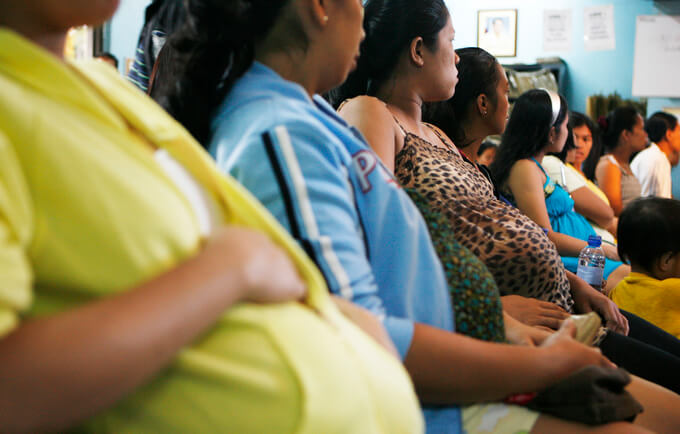
UNFPA has been working with governments and other UN agencies to combat the coronavirus outbreak while protecting vulnerable populations: the elderly, pregnant women, new moms, and newborns.
COVID-19 has been hitting communities around the world at a devastating rate. As of April 20th, 2020, there have been 2,447,920 cases and 168,500 deaths.
Many public health officials are worried about a dramatic rise of cases in countries or regions where healthcare infrastructure is less robust.
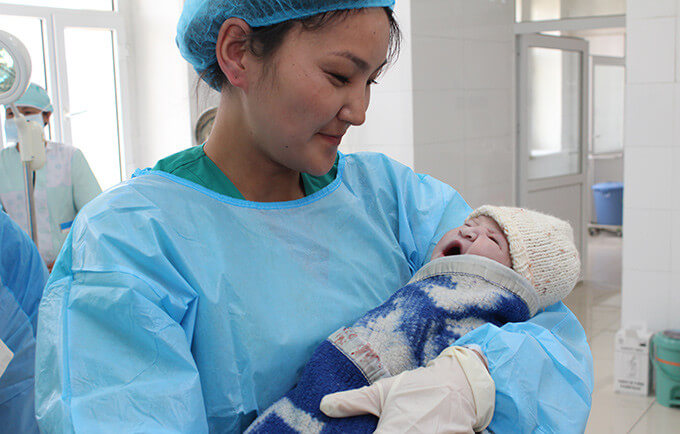
Overwhelmed Health Systems
When healthcare systems are overburdened, as happens during pandemics, sexual and reproductive healthcare is often curtailed while the treatment of acute infections is prioritized.
Some hospitals and clinics have been converted to treat infections. This limits the number of staff available to healthy pregnant women. Further, these women may avoid prenatal care out of fear that they may contract coronavirus at a clinic.
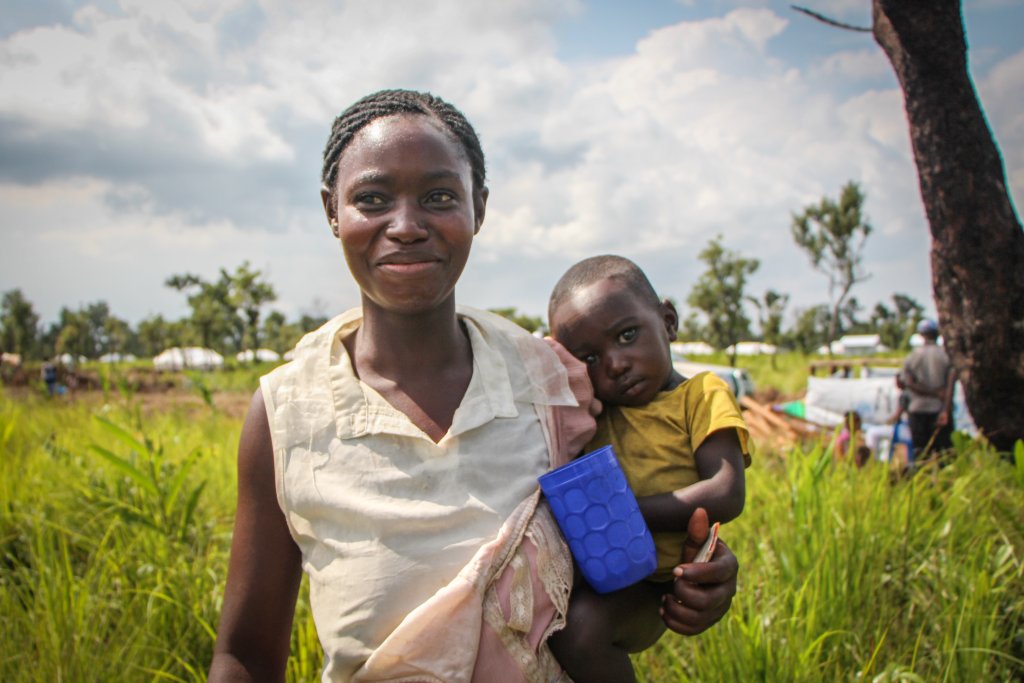
Pregnant with Coronavirus
Women who have coronavirus may find it difficult to find doctors willing to care for them. The novelty of this virus, as well as the fluids present at childbirth, create an increased risk to healthcare workers. These women also face the unknown risks that coronavirus poses to fetuses and newborns.
Whether a pregnant woman has coronavirus or not, their pregnancy carries increased health risks. These women require sensitive care that an overburdened healthcare system may be unable to provide. In situations like these, timely care during obstetric emergencies may be unavailable, threatening the life of mother and baby.
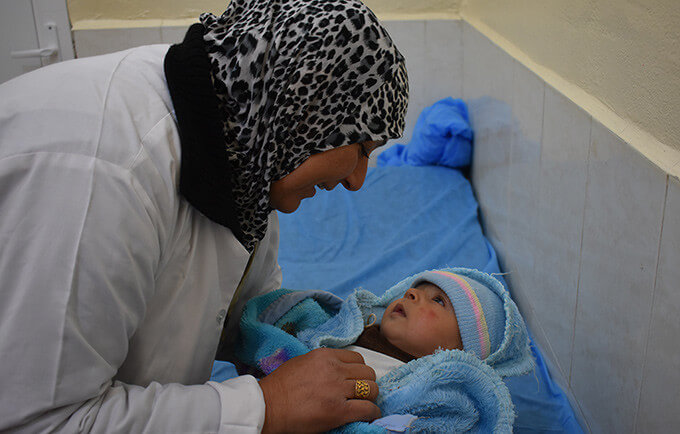
Recommendations to Pregnant Women
There is little information specific to pregnant or nursing women available, but the World Health Organization and UNFPA urge healthcare workers to prioritize pregnant women. They are generally more susceptible to respiratory illnesses than the general population.
In general, pregnant and nursing women should follow the same advice as everyone else to prevent infection – wash your hands often, wear a mask if you’re sick, self-quarantine if you think you have been exposed to the virus, seek medical care in the event of an emergency, and generally, exercise caution and use your best judgment.
New mothers with coronavirus who feel well enough should continue breastfeeding their babies but should wash their hands frequently and wear a face mask around their newborn.
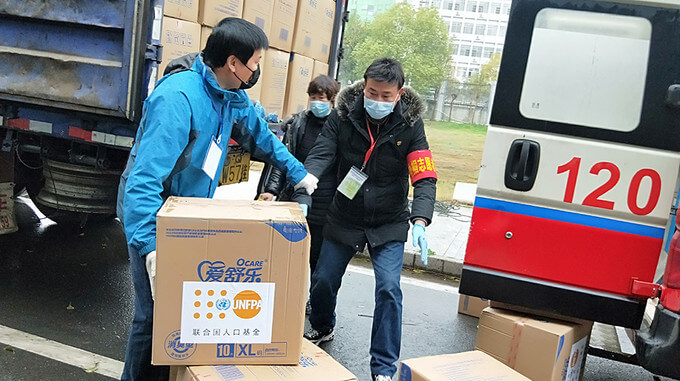
UNFPA’s Response
UNFPA has been supporting healthcare workers on the frontlines of the coronavirus by providing critical medical supplies. These supplies will especially aid the elderly during the outbreak, as they are most likely to need hospitalization for coronavirus-related symptoms. In China, UNFPA has made menstrual health products and elderly care products available to people who need them during the quarantine period. Even during times of crisis, women and girls do not stop requiring sexual and reproductive healthcare.
Globally, up to 80% of healthcare workers are women. These women put themselves and their families at risk to ensure that every person has the care they need. In Iran, UNFPA supports healthcare workers as they put in the time necessary to address the outbreak. It is women like them who will ultimately treat patients and bring an end to the outbreak.
Click here to view UNFPA’s work with Iranian healthcare providers.
UNFPA is monitoring the outbreak and taking precautions with their own staff to prevent further spreading of COVID-19. UNFPA is continuing to provide support to taxed healthcare systems and sexual and reproductive healthcare whenever and wherever possible.
-Dana Kirkegaard